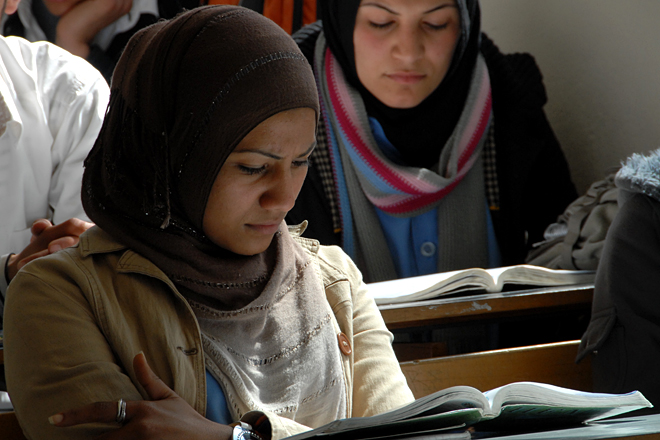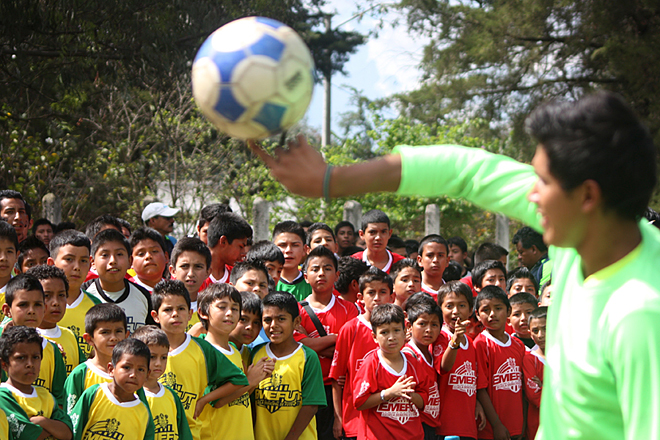The UN document “Transforming our world: the 2030 Agenda for Sustainable Development” formally recognises the decisive role to be played by universal access to human rights on the road to sustainable development. The full respect of human rights is indeed indispensable for furthering the processes of spreading democracy and including vulnerable groups, with the aim of establishing and consolidating peaceful relations.
In line with the 2030 Agenda, support for women’s rights and their active participation in the social, economic and political processes of their local and regional contexts is one of the priority fields of the Italian Cooperation, as described in the 3-year Planning document 2016-2018. This document illustrates the commitment of the Italian Agency for Development Cooperation to various priority issues, including “Governance, rights and the reduction of inequality”.
Indeed, governance plays a central role in the protection and promotion of human rights: “The concept of good government is complex: it includes resources, institutions and the mechanisms through which social groups and individuals articulate their interests and interact and exercise their rights and obligations towards the State. The reinforcement of good governance and democracy requires the provision of direct support to national and local institutions, to social networks or interests, to social protection systems, to trade unions, to Civil Society organisations and to those who speak for various social subjects in our Partner Countries.”
This is the context where we carry out our numerous capacity building initiatives supporting public institutions, single subjects and communities, and the collaboration we offer to Partner Counties in drafting legislation, in electoral processes and in monitoring the observance of International Conventions. On these issues, the Italian Agency for Development Cooperation takes its inspiration from the European Commission’s Agenda for Change, which insists on the integration of development, humans rights, democracy and good governance.
The rights of minors
The Italian Cooperation has long been in the vanguard of efforts to promote and protect the rights of children and adolescents in its partner countries, both in terms of financial resources and of active involvement in international contexts and emergency situations. Italian Cooperation intervenes to provide young people with tools that will help them to play major roles in the development of their communities: i.e. improving social inclusion, facilitating entrance to the jobs market and promoting talent in the arts, culture, environmental engagement, science, business and micro-financing. At the base of these initiatives lies the awareness that improving the living conditions of children and young people is the key to the future development of democracy and sustainable development. The violation of children’s fundamental rights are a cause – as well as an effect – of poverty, instability and conflict. Consequently, improving living conditions for new generations is to contribute to the construction of peace and security for all humanity.
In recent years, as part of the drive to make aid more effective, programmes in favour of the rights of minors have been included in institutional agreements with partner nations, in order to promote the adoption of nationwide plans on childhood and adolescence and to encourage local institutions to respect the UN Convention on children’s rights.
In 2012, the Italian Cooperation Agency adopted specific Guidelines on Minors, a strategic document which – drawing upon lessons learned in the field and from international publications on the subject – provides valuable information for guiding cooperation initiatives in terms of under-age policies.

